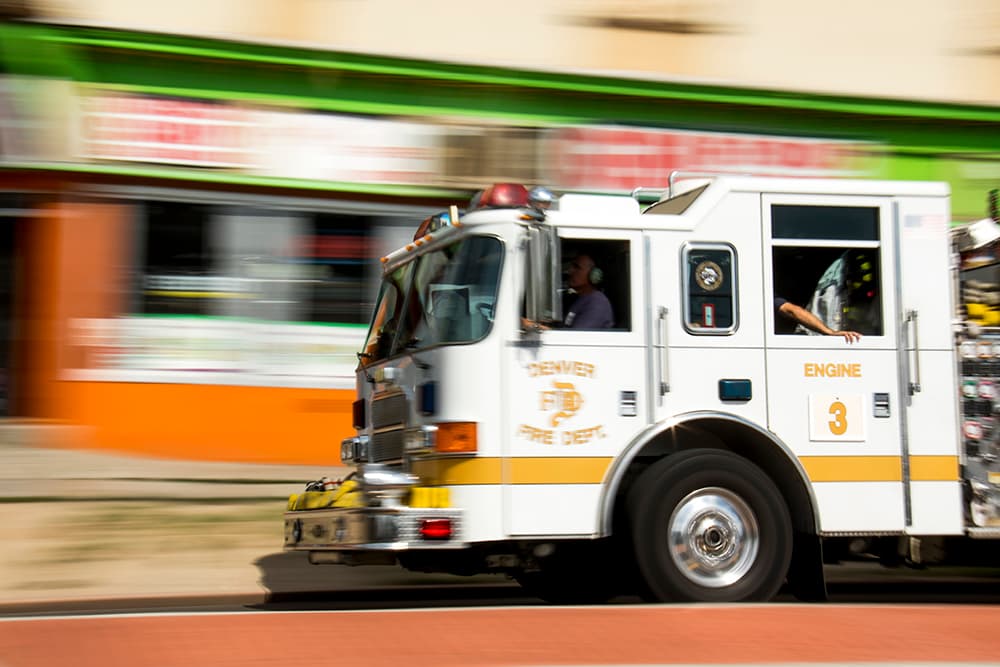Update: This proposal was approved by the Denver City Council at a June 11 meeting.
If you dial 911 today, the phone won't be ringing very long: The average call is answered within 7 seconds.
But the city expects its emergency responses to get slower and slower if nothing changes, according to Denver's emergency planners.
Operators have been dealing with a significant bump in emergency calls.
The volume shot up by more than 10 percent, to about 1,116,000 calls, from 2014 to 2015. That drove the average wait time from about 8 seconds to nearly 19 seconds, according to city records.
City officials said population growth and the proliferation of cell phones both drove up calls.
They've made improvements since then, driving the average wait back down to 6 seconds by hiring new employees and launching new ways to retain current staff.
But the city's growing population, combined with tricky finances, still pose a problem, according to safety officials. By 2022, they expect that only 82 percent of calls will be answered within 15 seconds, compared to 92 percent today.
Their solution: Higher charges on your phone bill.
Starting in 1998, Denver created an extra charge on local phone bills -- $0.45 per month.
Under a new proposal, the city would increase that surcharge on local cells and landlines from $0.70 to $1.20 per month.
"We were expecting with the growth in the population to have a growth in the (revenues from the) surcharge," said Laura Wachter, deputy director of safety.
But it hasn't worked out that way. Some people are getting rid of extra fax and business phone lines, while others aren't updating the addresses on file with their phone companies. In fact, revenue from the phone-bill surcharges is trending downward.
The change would require approval of the Denver City Council and the state Public Utilities Commission. The change would put Denver in the middle of the pack, compared to other Colorado counties' surcharges.
The new rates would go into effect on Nov. 1.
How would they use it?
A higher surcharge would boost income from about $7 million to about $12 million per year.
The safety department wants to use that money to boost its 911 department from 156 employees to 195 employees. The goal is to answer 99 percent of calls within 15 seconds.
The department already has been trying to improve hiring and retention.
What can I do?
The city is trying to teach people when to use 911 (when someone is injured or bodily harm is threatened) and when to call 311 (when you want to complain about your neighbor, for example.)
And, once you’re on the line, be ready to tell the operator where you are, since mobile devices don’t always provide an exact location.
In other 911 advice, you can fill out a Smart911 “safety profile” about your family and you can sign up for Swift911 alerts. You can also text 911, but that’s only for situations where you can’t or shouldn’t speak.














